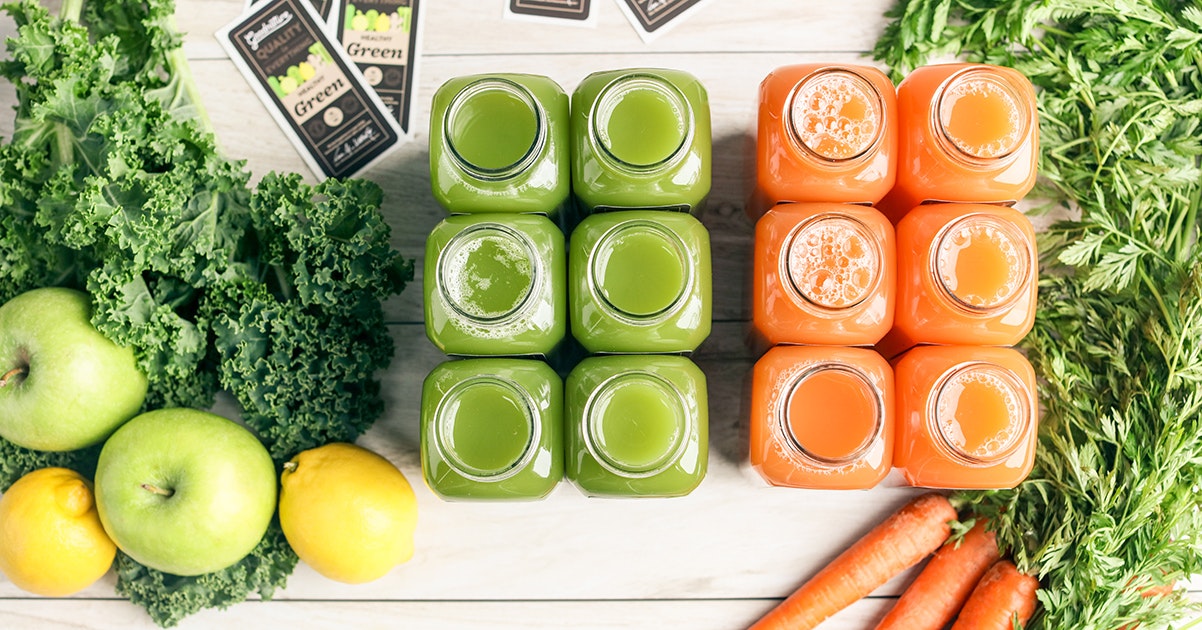
How to Get a Tax Break Buying a Commercial Juicer
How to (basically) get a 37% discount on your commercial juicer. Since 2017 in the US tax code, Section 179 allows taxpayers to deduct or “write off” the cost of certain property as an expense when the property is placed in service. Learn more about Section 179 to help determine if it applies to you.

Introduction to Adaptogens
Welcome to the World of Adaptogens! Adaptogens. It’s a term we have been hearing a lot lately, but what does it really mean? And what does it have to do with juice and smoothies? If these are some of the questions you have (and even if they’re not), you’re in for a real treat!
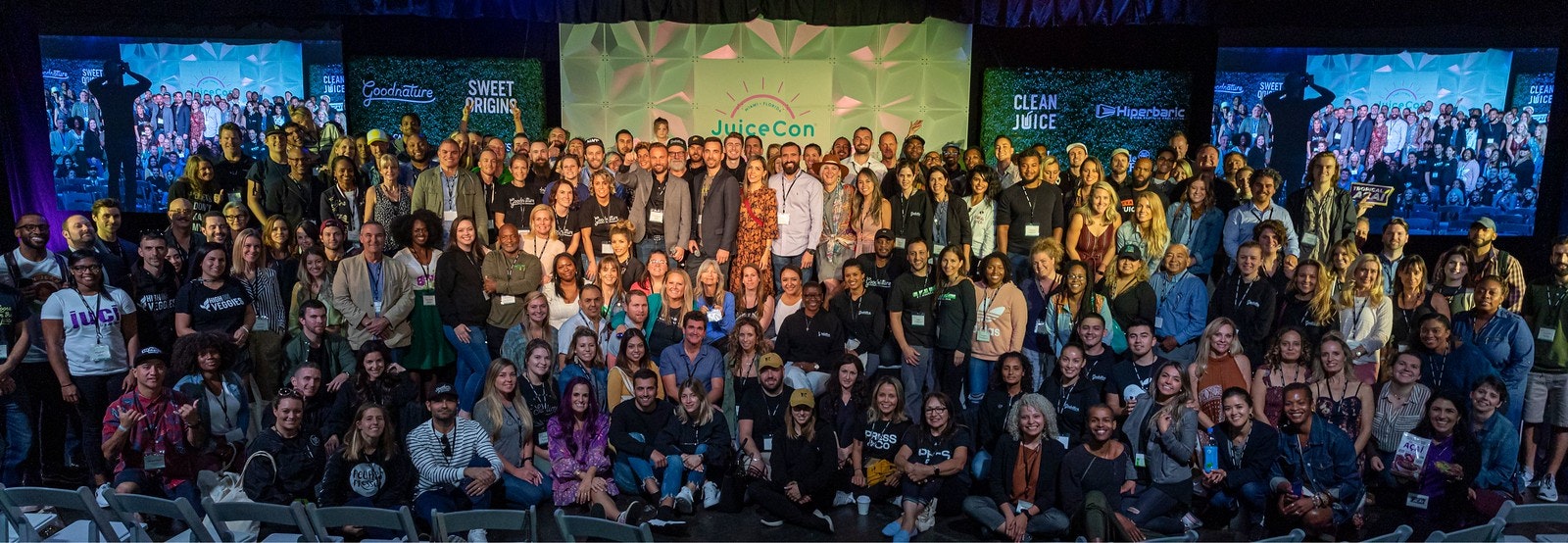
JuiceCon 2022 Cancelled
We are sad to say that based on the new COVID Omicron surge, increased travel restrictions, and potential increased mandates we feel we are forced to cancel the event. Although April 2022 is still four months away, we have to make the decision now. Here are the factors that contributed to the decision: A large percentage of our attendees come from international locations, including some impacted by current travel restrictions, and some that may have increased restriction soon — including Japan, Australia, Africa, and Europe. We have deadlines quickly approaching that dramatically increase the amount of non-refundable payments we have to make to our event vendors. If we wait and see how things go, we could end up being on the hook for enough to really hurt our business if we have to cancel the event later. Some of our vendors agreed to refund us if the event is cancelled because of Covid, but some have not. With the event being based in California, there is the potential for increased mandates including vaccination requirements and other restrictions that may impact our ability to host a successful event. With the general sense of fear and uncertainty around Omicron, it may not be possible to sell enough tickets or find enough sponsors to make the event possible. If you want to watch my video description of our decision to cancel, please check out the post on Instagram. We are currently exploring options for hosting a virtual event, or at least hosting some online discussion panels with the same educational topics that we were going to present at JuiceCon. Obviously, something on the internet doesn’t come close to being able to interact with everyone in person, but it may be our best option right now. We will notify our email list of any plans in the coming weeks. I was genuinely looking forward to seeing everyone again, and it breaks my heart that we have to do this. It’s been too long since we’ve had the #GoodnatureFamily together, and I hope once things calm down we can get another date on the calendar ASAP. Peace, love, juice! ✌
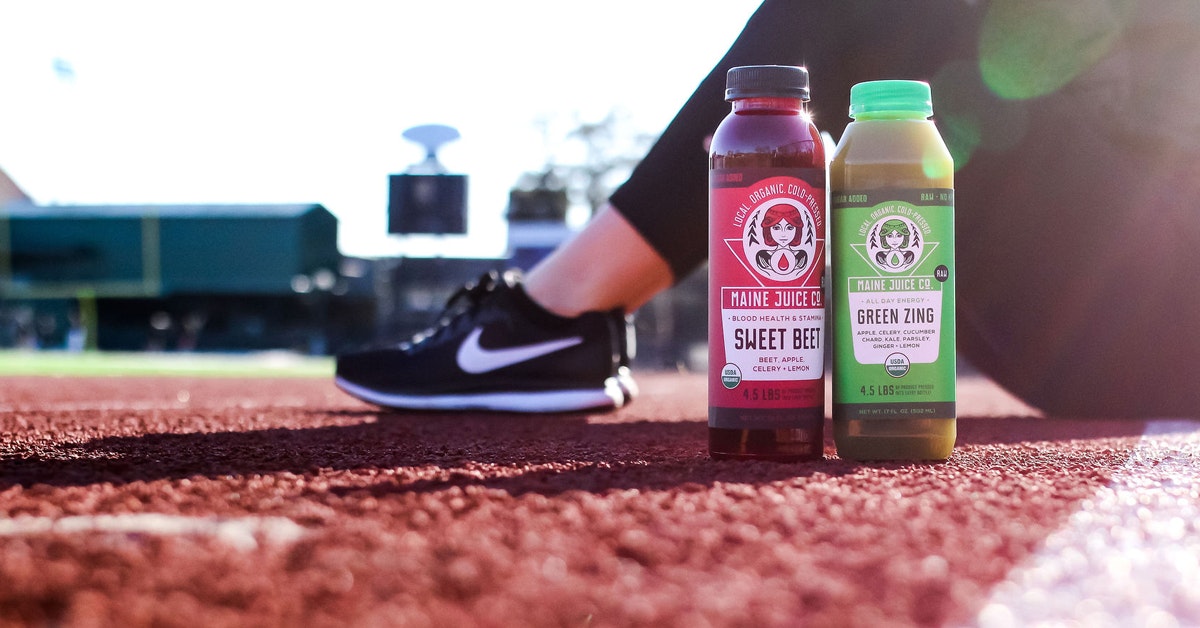
Is Beet Juice the Next Major Juicing Trend?
A few years ago, my friend Nori Ko (owner of sunshine juice in Tokyo) informed me that he knows a long distance runner that consumes 1 liter of beet juice per day for 5 days before a race. Since then, I’ve heard of other athletes consuming beet juice as part of their nutritional plan as well. There have been several studies done on the subject. The summary is that consuming beet juice increases the production of Nitric Oxide in a person’s blood while active, which increases endurance and athletic performance. The study that I found most insightful is the study performed on swimmers in Italy in 2014. The study had swimmers consume 0.5/l per day of organic beetroot juice for five days, compared to swimmers that didn’t consume the juice. The “results show that workload at anaerobic threshold was significantly increased” in the group that consumed beetroot juice. There’s a fairly comprehensive article on the subject at verwellfit.com if you’re interested in learning more about the various studies done on beet juice for athletes. Could Beet Juice Be the Next Major Juicing Trend? There’s a general increase in athletes’ knowledge about nutrition and how it affects their performance. With more publicity around plant based diets, including the 2018 Netflix documentary “The Game Changers“, which documents the positive effects of a plant based diet for athletes, there is a general trend towards better nutrition in professional athletic sports. I think if we get a good champion to promote the consumption of raw beet juice for athletes, that it could very well be the next major juicing trend. Ready to Make some Beet Juice? Check out our chef-created beetroot juice recipes here: Classic Beet Juice Recipe Homemade V8 Juice Recipe Watermelon + Beet + Apple Juice Recipe Broccoli + Carrot + Beet Juice Recipe

Norwalk Closes its Doors?
UPDATE (Nov 22, 2021): I have received confirmation from Norwalk ownership that they have indeed closed down their business for good. There’s a rumor circulating that Norwalk has closed it’s doors for good and has gone out of business. This was posted on the Pure Juicer and Norwalk Facebook group on October 13th: Also, their website, norwalkjuicers.com, has been down for three days: So, the story seems to check out (for now). I have mixed feelings about this if it’s true: Sadness. Norwalk has been around for decades, and played a major role in both starting and growing the cold pressed juice industry. It was invented and popularized by Dr. Norman Walker, with his books promoting juicing dating back as far as 1936. Lots of Goodnature’s customers started on Norwalks and eventually upgraded to Goodnature when they had the need for a commercial juicer (back when our smallest machine was the X-1). I wonder if Goodnature would even be around today if it weren’t for Norwalk clearing the path and educating the public about true cold-pressed juice. Frustration. Norwalk has done little to improve their product over the past 20 years. It’s essentially the exact same machine it was in the 1990’s. They allowed their new competitor, Pure Juicer, to steal the market from them without putting up much of a fight. In my opinion, the Pure Juicer is almost an exact replica of the Norwalk juicer. They made some minor improvements and have better marketing and customer service. These are things Norwalk could have done to save their company. Additionally, Pure Juicer is reported as being made in China, and Norwalk is made here in the US.Just to be clear: Pure Juicer has done a great job at supporting the market as well. I don’t mean to diminish the fact that (I’ve heard) they provide great customer service and support, and build a decent product. I know how hard that is as a business owner myself. There was a moment when I thought Norwalk had a chance. A couple of years ago I opened my email inbox to see a “New Product Announcement” from Norwalk. I wondered – “Is it something smaller? Bigger? Cheaper? More efficient? What is it??” And to my disappointment, it was actually not a new juice machine at all, but a set of stainless steel popsicle molds. That’s what you guys have been working on? Pure juicer is taking your market away from you and you R and D a popsicle mold? I don’t get it. Either way, Norwalk will always hold a special place in my heart as an originator and leader in our space. Farewell. Looking for the best cold press juicer? Goodnature has long been the industry standard brand for juice bars, and is now available in a compact footprint for home with the all-new Hummingbird juice press.
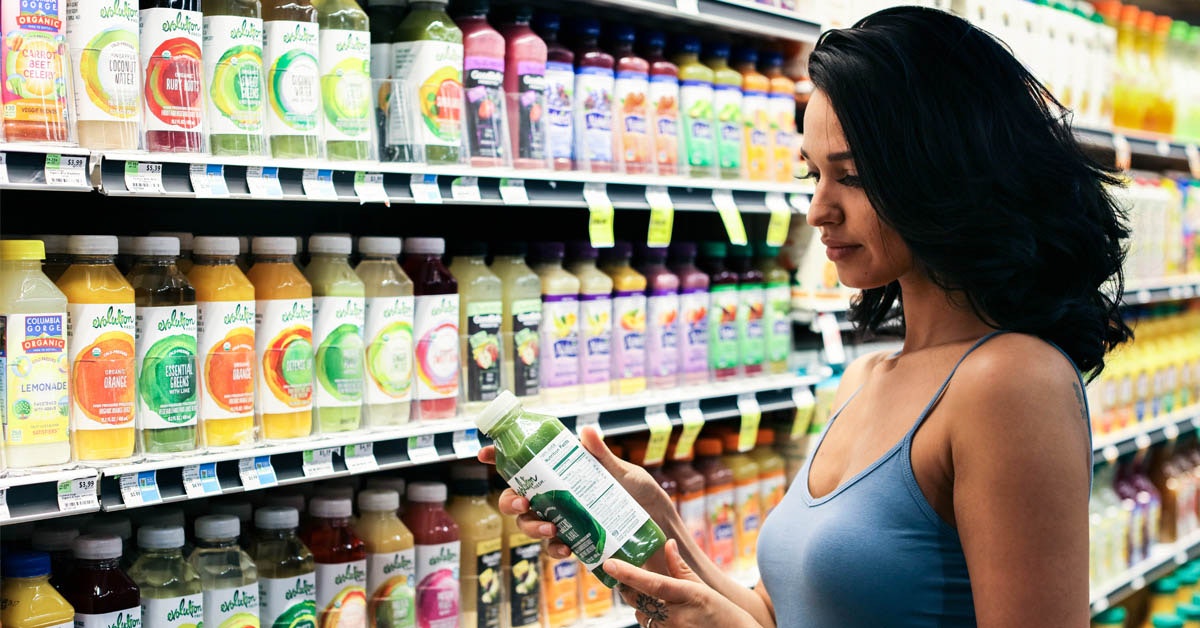
Is The Juice You're Buying Actually Raw? Here's How to Tell
Did you know that juice companies are legally allowed to label the juice as “raw” even if it’s not? That’s because there’s no “standard of identity” for the term “raw” under FDA guidance. Additionally, businesses are not required to label if the juice has been pasteurized or HPP’d, since processing steps don’t need to go on the label. Six Ways To Tell That Juice Isn’t Actually Raw: The juice isn’t refrigerated at the store. Shelf stable juice must be heat pasteurized. The lid is one of those Snapple-type lids that “pops” when you open it. This is an indicator that the juice has been “hot filled” in the bottle. The expiration date is more than a week from the day you purchase it. The maximum shelf life for raw cold pressed juice is 7 days, and even that is pushing it (3-5 days is standard)! If it’s longer than that you can bet it’s been processed to extend the shelf life. The juice is labeled as “cold pressured” instead of “cold pressed”. “Cold pressured” is a tricky term invented by the HPP term industry that sounds a lot like cold pressed, but they use it to mean high pressure processed. The juice brand is a wholesale / national brand. Companies that sell their juice wholesale to grocery stores are required by law to process the juice via HPP, Pasteurization, or UV. Pro tip: Raw juice is not technically allowed to be sold for wholesale distribution in the US. However, it’s worth noting that not all regions of the US enforce this regulation. So, if you’re shopping at a small, local grocery store or café, it’s possible that they are re-selling actually raw juice made at a nearby juice bar. Always ask if you’re unsure. The juice is made in a far-away place. Raw juice is not going to be transported very far. So if you’re in Texas buying juice made in California, you can bet it’s not raw.
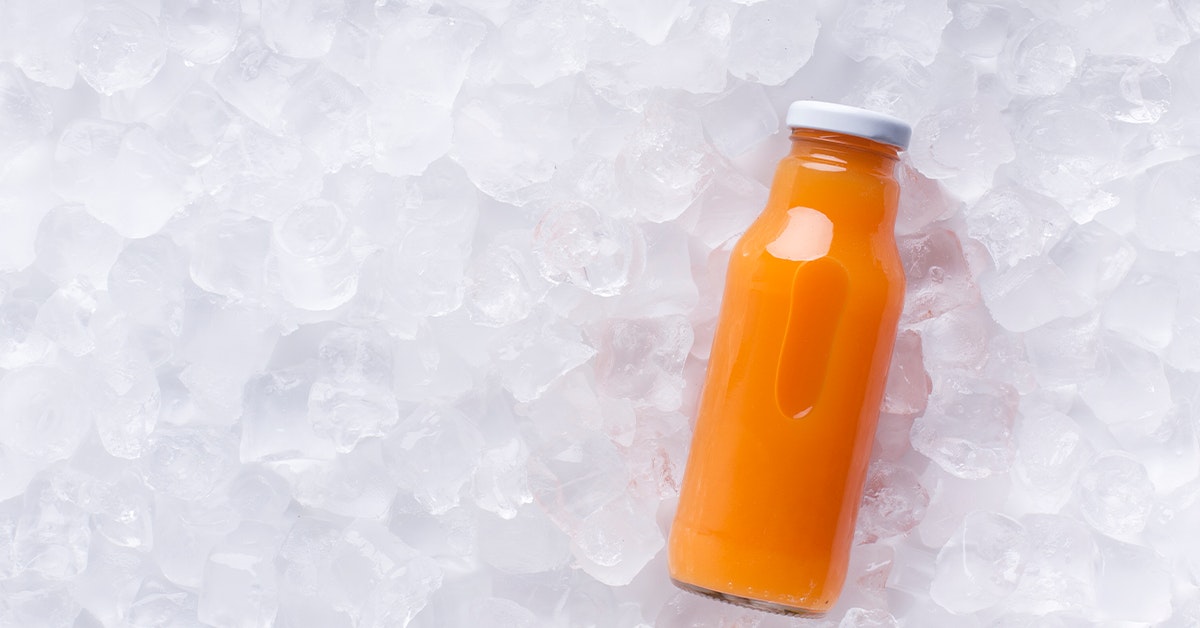
How to Quickly Cool Down Juice
It is very important to cool the juice down as quickly as possible to avoid time and temperature abuse. Making sure the juice quickly reaches proper temperature will keep it bright, fresh, and tasting great longer. When making juice commercially, you are probably making juice in large batches. While large, national producers of cold-pressed juice have the advantage of a factory that’s kept at a cool 41 degrees, you may not. Working in a room temperature kitchen, your juice may not be very cold after it’s made if it’s made from room temperature produce (try to always use cold produce when you can), or kept out in the warm air very long. Note: This How to Write a Juice Business Plan PDF is a step-by-step guide to helping you write a business plan for your juice business. Download it for free!
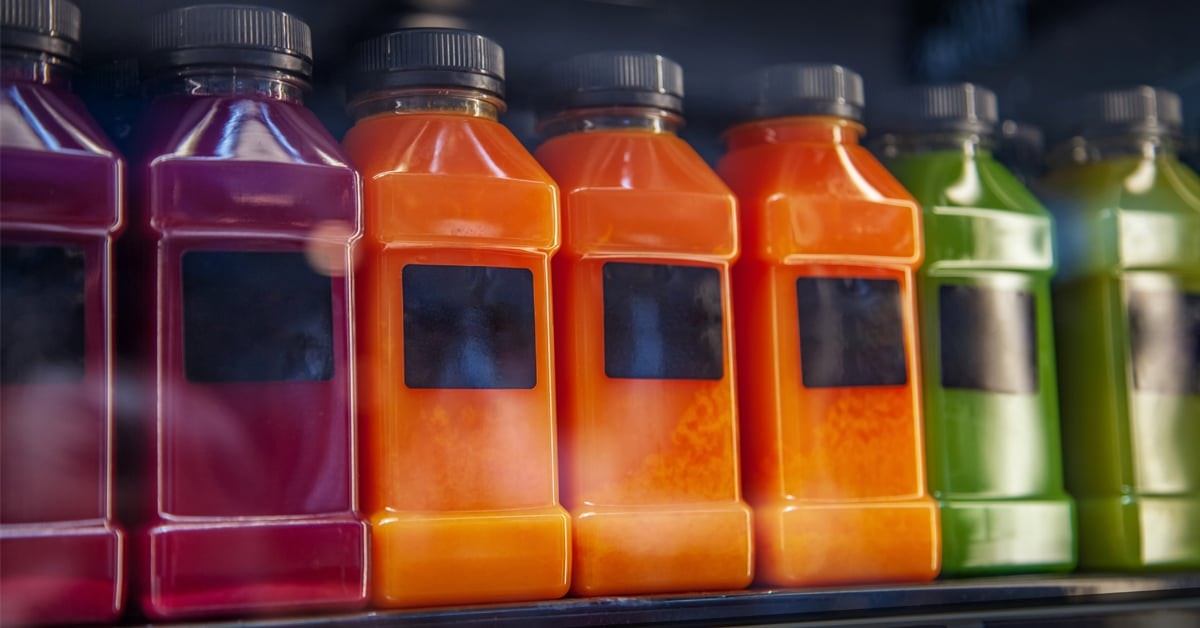
Why Not to Pasteurize Cold Pressed Juice
Our customers are always asking about how to extend the shelf life of cold-pressed juice. Basically, it comes down to a few options that we will cover in this post.
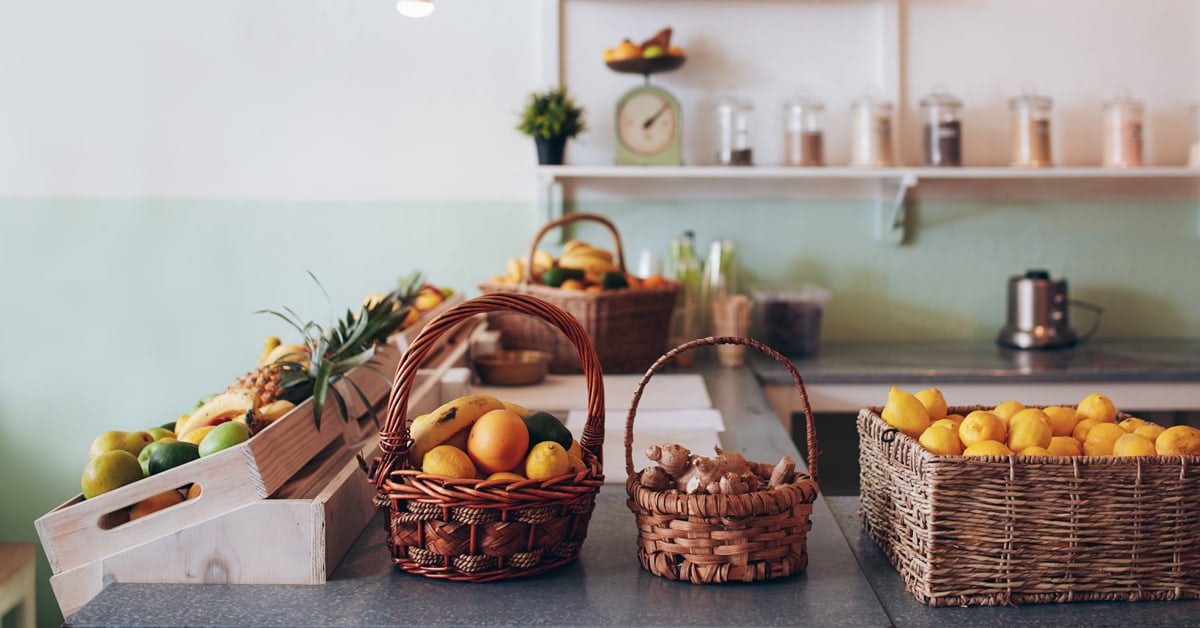
Juice Bars are Eligible for The Restaurant Revitalization Fund
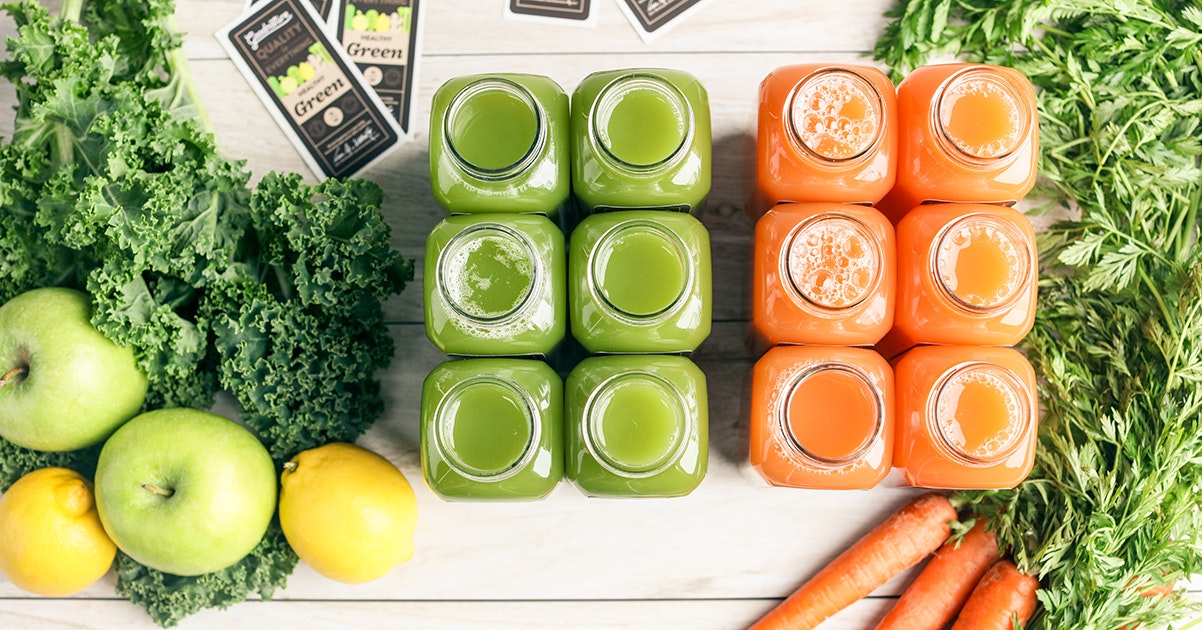
Achieving Maximum Hourly Output from Your Juicer
Here’s an insider secret—few operations are actually achieving the maximum output of their commercial juicer. In order to understand why, let’s start with thinking about a juicing operation from a high level. There are several steps in the process including:
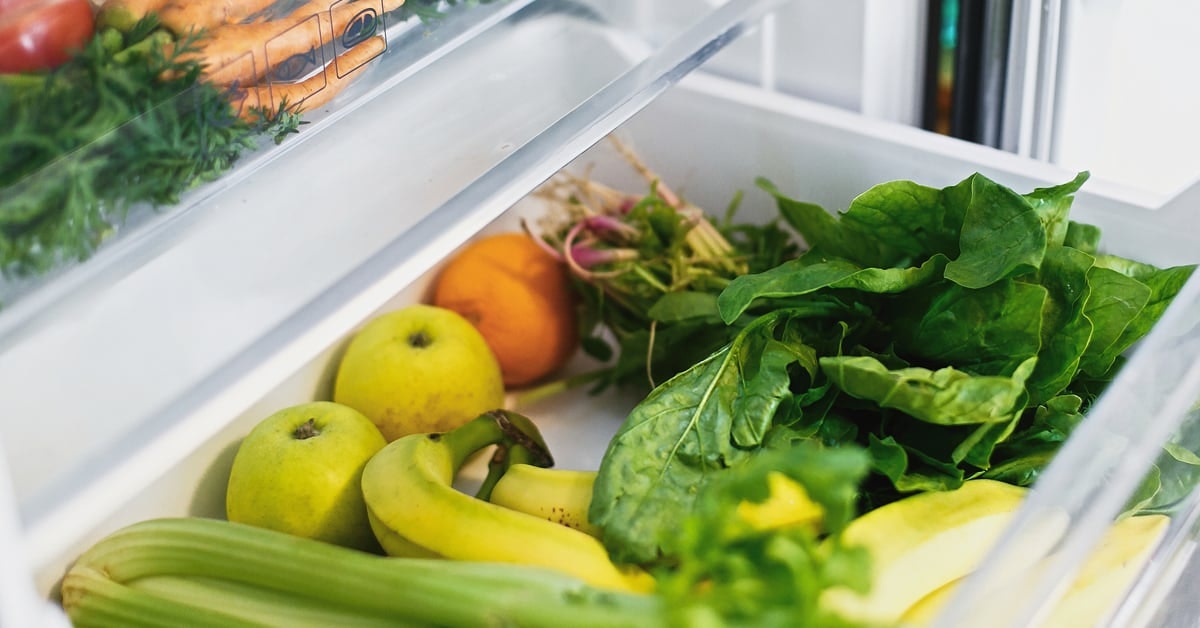
How To Store Produce for Juice
Should I store all of my produce for juice in the refrigerator? This is a common question from both the at-home juicer (especially when preparing for a juice cleanse) and the commercial juicer. In this article, we will cover recommendations for storing produce both at home and in a commercial kitchen.
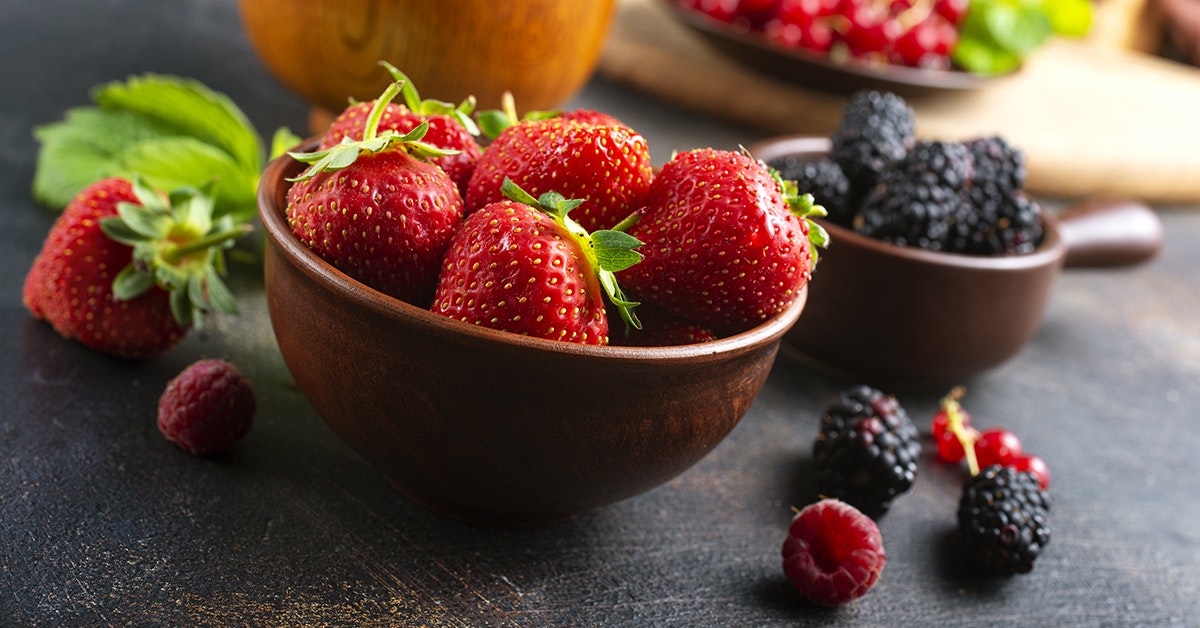
Adding Pureed Fruit to Your Fresh Juice Recipes (Why & How-To)
If you’ve ever tried juicing a mushy (or un-juiceable) fruit only to end up with a tough-to-drink mess, this guide is for you. We often get asked about juicing fruits like mangoes, kiwis, berries, and peaches. People are used to seeing these fruits in the “juices” that are found on the supermarket shelves. These blended juices are typically thick with an unpleasant mouth-feel and are often made with thickeners, gelling agents, and other additives not found in raw juice. While those store-bought “juices” might be tasty, they are not as healthy or nutritious as raw, freshly pressed juice. So, how can you incorporate fruits like peaches into your homemade juice creations? As a puree, of course! This article will cover: Should You Puree or Juice It? How to Add Pureed Fruits to Fresh Juice Tips and Tricks for 7 Types of Fruits Bonus: Adding Purees to Nut Milks
